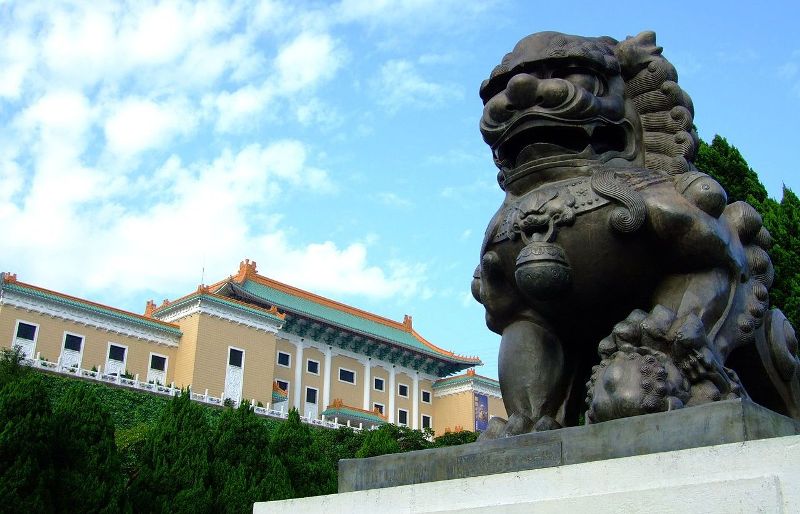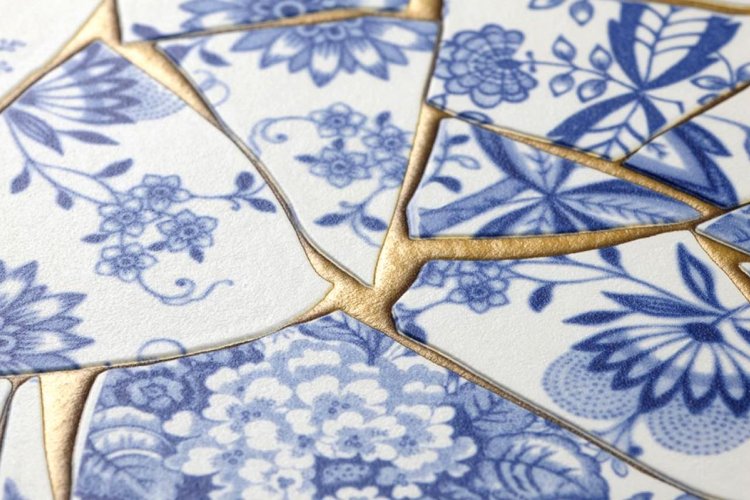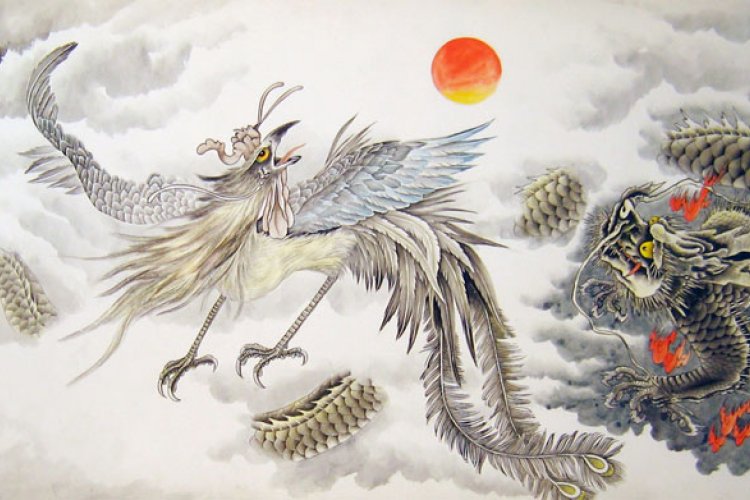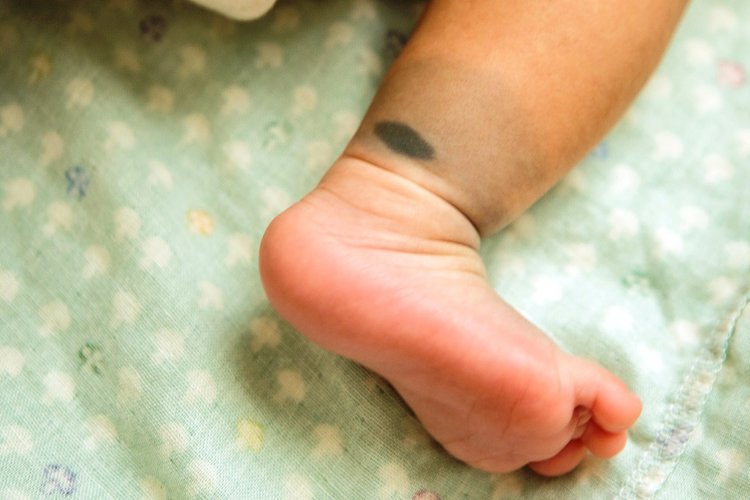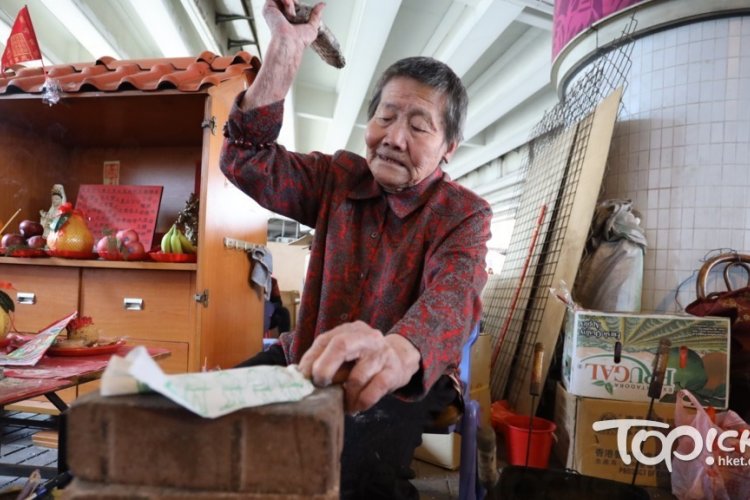Double up on Bad Luck This Friday the 13th With These Ongoing Chinese Superstitions
If you're among the cynics irked by the lingering fixation on superstitions in Chinese culture, then this is by no means your lucky day.
Yes, it's Friday the 13th, and while we Westerners are by no means immune to silly customs and beliefs meant to stave off bad fortune (black cats and ladders anyone?), there are also plenty of examples of such aged Chinese notions that are making headlines, affecting huge financial decisions, and overall having a far greater impact than even the most forgiving among us would like.
The most recent and glaring instance truly epitomizes past meeting present: a statue in Beijing’s prosperous, modern financial district was first erected, torn down, and then erected again in late November all because of superstitious tendencies that date back thousands of years.
Yes, despite the PRC’s endless 50 year effort to quell deeply superstitious beliefs that have long been ingrained in Chinese culture, all it took was black swan statue in front of Seasons Place Mall, adjacent to the nation’s securities watchdog, to see the whole place go under lockdown. The statue was eventually removed because of a firestorm of social media debates over such a figure’s inauspiciousness and unpredictability (read more about it in this South China Morning Post article).
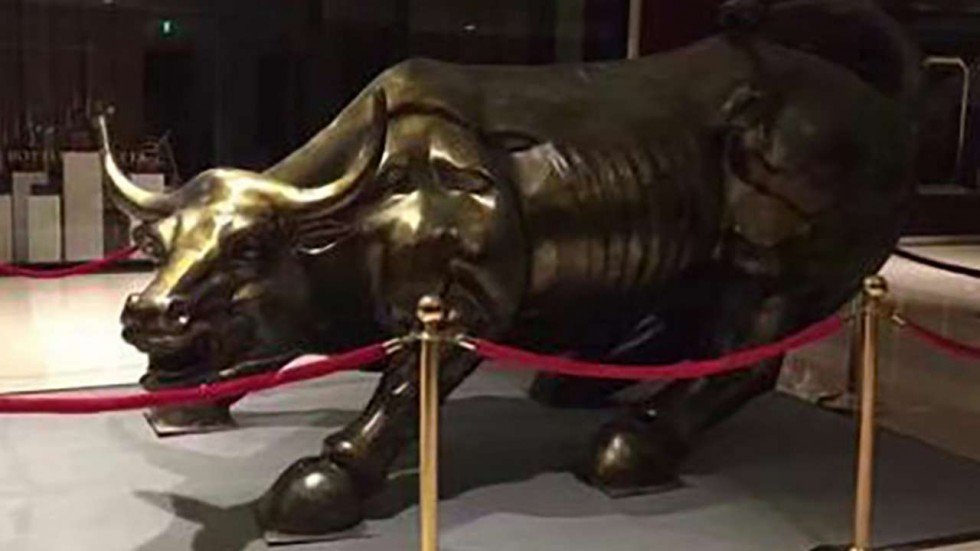
The statue was then replaced with a Wall Street-esque golden ox statue (see above), in a hope to satisfy the many investors and netizens who balked at the artwork’s predecessor. That's because, in Wall Street lore, a bull market refers to a period of rising prices, hence the literal figure (as opposed to a "bear" market, which will see your funds drain away).
It’s enough to make one wonder about the anxiety levels, and overall wellbeing, of the Beijing big shots who have their fingers ever hovering over the “sell” button. And yet, it really shouldn't come as a surprise that superstition is still common among the elite that control the financial fate of the country. After all, it takes only a quick glance around to see that, despite its quickly developing modern trappings, Beijing is still rife with superstitious fare. Among the most serious in causing unnecessary harm (read: standing in the way of you getting rich) are:
- If you're new to China you may have wondered what all the big red stickers with 福 fú printed on them represent. Well, plastering a giant 福 represents that your house or business is blessed with fortune. What about all those upside-down 福s? A simple play on words means that turning it upside down (倒 dào) sounds the same as if fortune has arrived (到了).
- Many businesses still hire 风水 fēngshuǐ masters to suggest which weird fish to put in their offices to ensure that luck is not messed with, because the Chinese word for fish, 鱼 yú sounds the same as the word 余 yú or extra, as in "extra money." Then there's the belief that a gold fish’s movements are reminiscent of waves of healthy energy, or 气 qì, as it's referred to in China, which surely makes Finding Nemo the luckiest movie ever made by Chinese standards.
- Many buildings don’t have a fourth, 13th or 14th floor because four in Mandarin, 四 sì, sounds identical to 死 sì, the word for death.
- Don't place your chopsticks sticking upright in a bowl of rice, otherwise the people sitting opposite may become annoyed as such an act in similar to placing incense to remember the dead.
- Don’t share a pear with your family and friends, because sharing a pear in Chinese (分梨 fēn lí) means parting, and of course you'd never want to be apart from them (most of the time).
- Don’t write a person's name in red ink, which signifies that they are dead.
- If your right eyelid twitches, it might mean something bad will happen.
- License plates including 888 now go for absurd amounts of money in auction thanks to their supremely auspicious meaning. Meanwhile 666, a devilish set of digits beloved by mischievous Western rockstars, is instead a fortunate number in China signifying smooth success.
- Chinese trinket shops love to line their shelves with little pawing cats, whose arms move in a motion perfect for gauging patrons’ wallets.
- 吉祥兽 jíxiáng shòu or lion (female and male, pictured at top) statues are placed at entryways to fend off “negative spirits,” and are often ugly enough to have even children turn the other way.
More stories by this author here.
Email: kylemullin@truerun.com
Twitter: @MulKyle
WeChat: 13263495040
Photo: Wikimedia, SCMP

